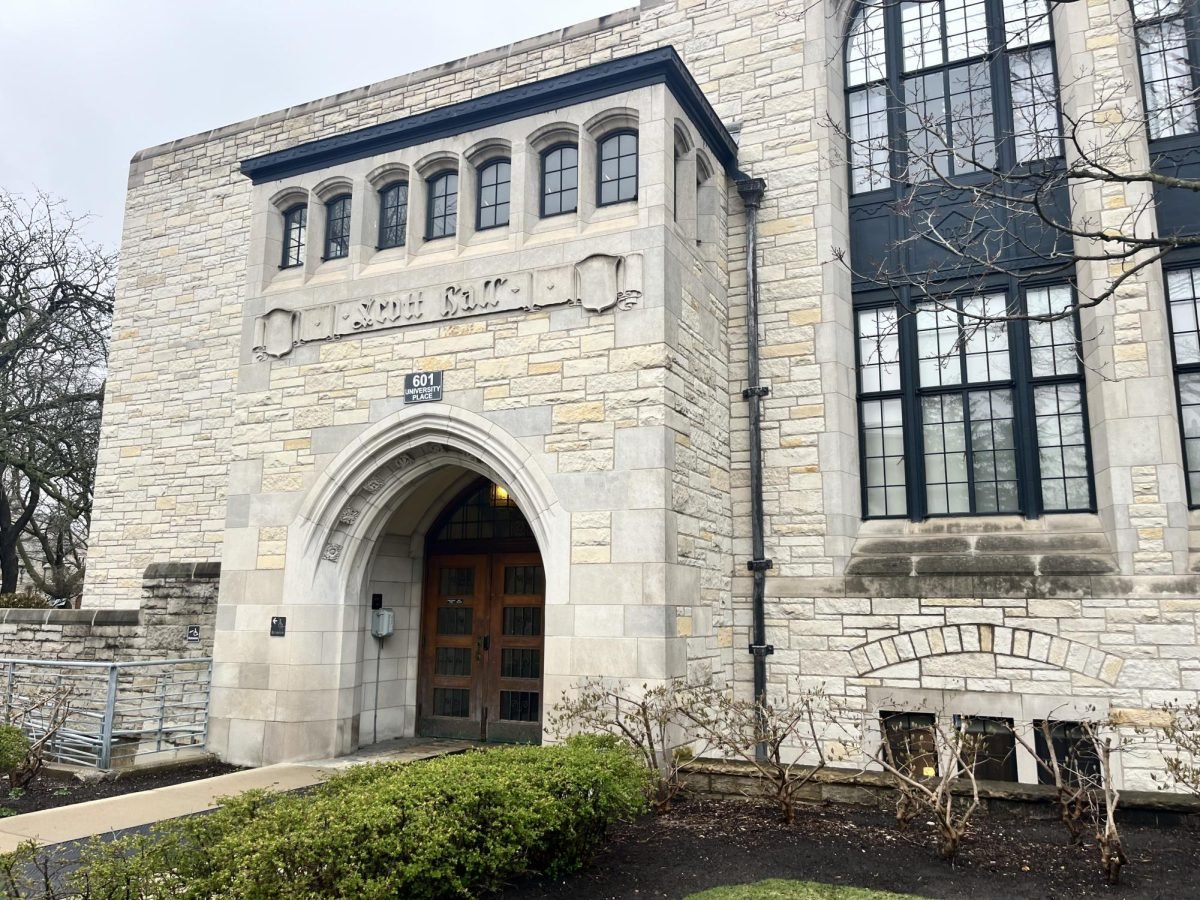After much discussion, the Faculty Senate approved a statement on Northwestern students’ recent pro-Palestinian demonstrations at Wednesday’s meeting. The statement emphasized the importance of protecting free speech that occurs in a “peaceful fashion.”
The discussions come after University President Michael Schill addressed the University’s response to the pro-Palestinian encampment on Deering Meadow at the biannual Faculty Assembly last week.
Senate president and chemistry Prof. Regan Thomson said Schill’s address prompted a continued discussion at Wednesday’s meeting, after drawing a variety of comments and questions from faculty.
“There’s a lot of viewpoints in regard to how administration handled the encampment on Deering Meadow,” Thomson said.
Several members raised concerns about the lack of consultation with students and faculty across campus during the encampment negotiations.
“I’m very concerned that … the agreement was reached by non-representative bodies that may commit the campus to very long-term commitments that may lead us in directions that are unexpected,” mathematics Prof. Ezra Getzler said.
Other faculty members felt that the University’s decision to keep negotiations largely private was justified.
Communication Prof. Mary Zimmerman compared the situation to a pilot flying a plane during a bad storm, who isn’t able to consult with all members of the cabin.
McCormick Prof. Luís Amaral agreed and said it was not the role of the faculty members to make these types of decisions.
“It was the job of the president and students to reach an agreement,” Amaral said. “There was essentially no violence, which is great.”
Other members took issue with releasing a statement in support of the University’s negotiations, which may be conflated with support for “disruptive” protests.
Feinberg Prof. Tarita Thomas said she was worried the statement may hurt students that the senate aims to mentor and teach.
“The part that we have to think about is that we support the general approach of negotiation adopted by the University,” Thomas said. “It’s fine to protest and to be able to speak your mind, but to do that in a way that doesn’t disrupt others that are trying to use the campus safely.”
Communication Prof. T.J. Billard, who studies the sociology of social movements, said they felt that disruption was a core aspect of protests and was “distressed to hear” implications that disruption should be avoided.
The statement went through several rounds of edits and debate over a motion to add an amendment that stated the senate would not tolerate language that incites violence, but rather encourage dialogue to promote “diversity of expression,” which ultimately failed.
The Faculty Senate passed the motion to approve the statement, which emphasized the importance of free speech in a “peaceful fashion.”
“I was really proud of how NU handled the situation,” political science Prof. Ian Hurd said. “It’s the job of the president to set the tone and direction for the University. In this case, they did it remarkably well, especially in comparison to other universities.”
The Faculty Senate’s last meeting of the academic year will take place June 5.
Email: leahschroeder2026@u.northwestern.edu
Related Stories:
— Board of Trustees, Office of Civil Rights & Title IX Compliance share updates at Faculty Senate
— Chief Investment Officer Amy Falls addresses endowment investment returns at Faculty Senate







